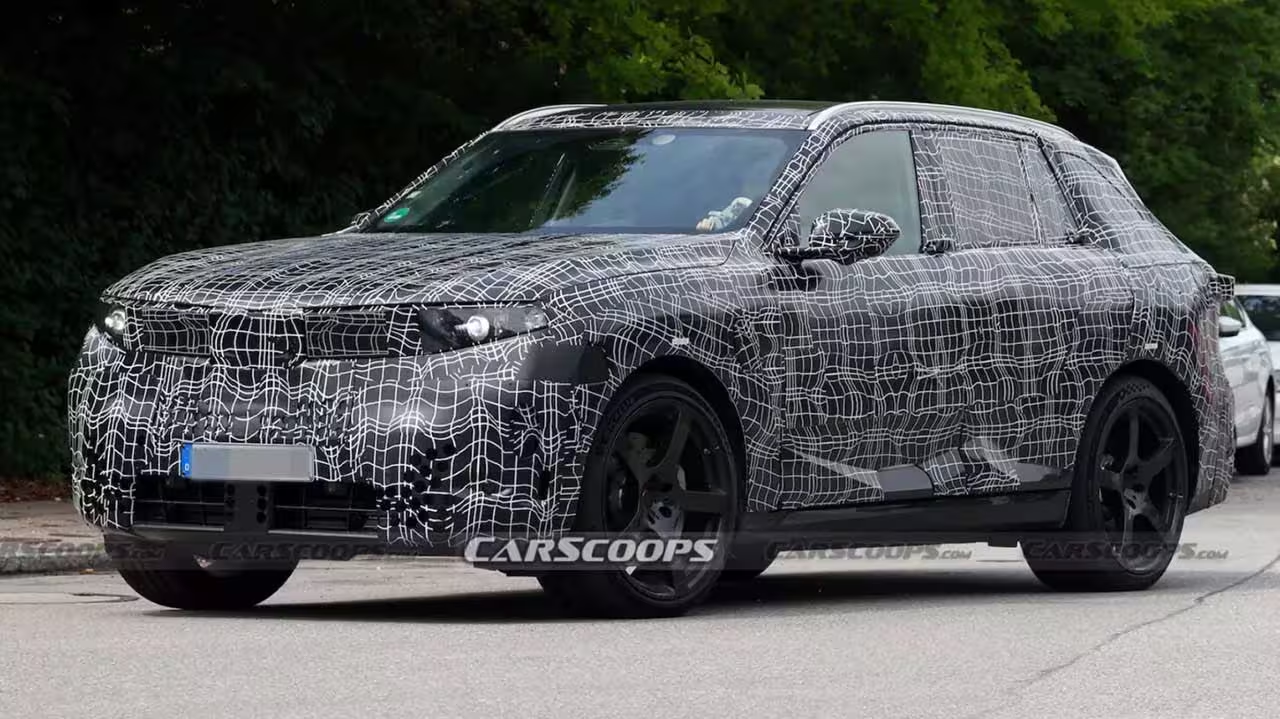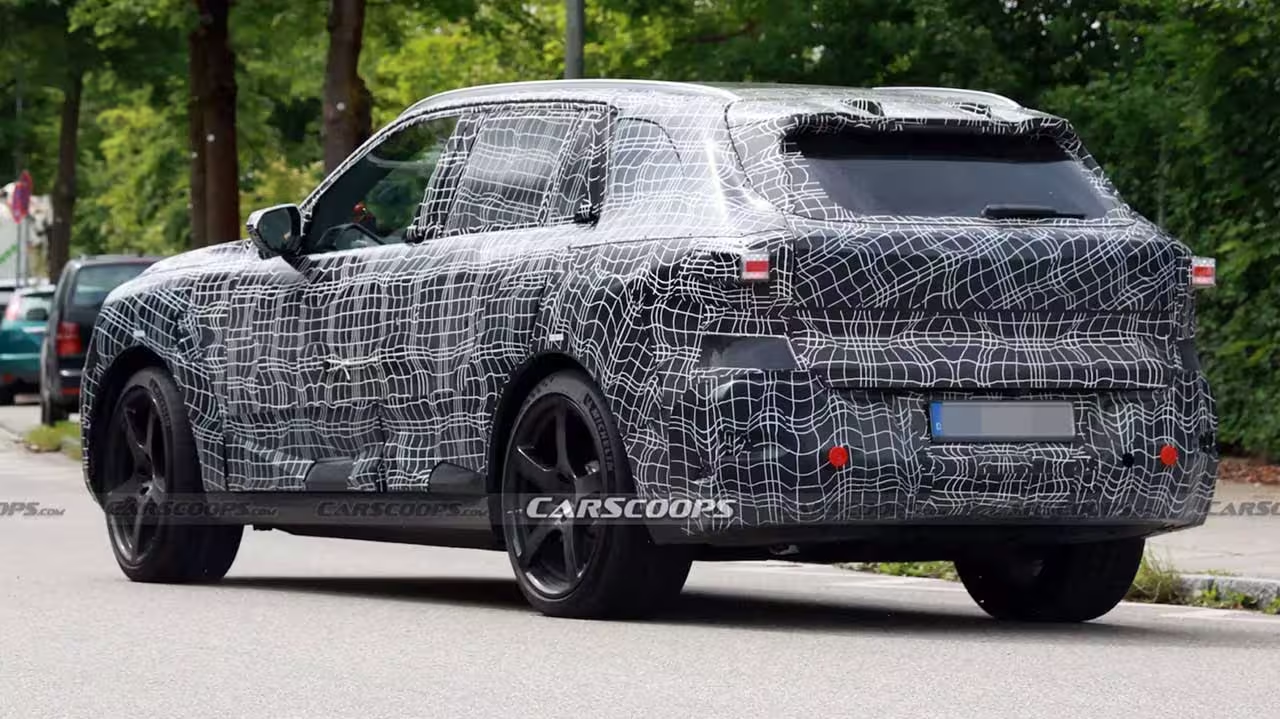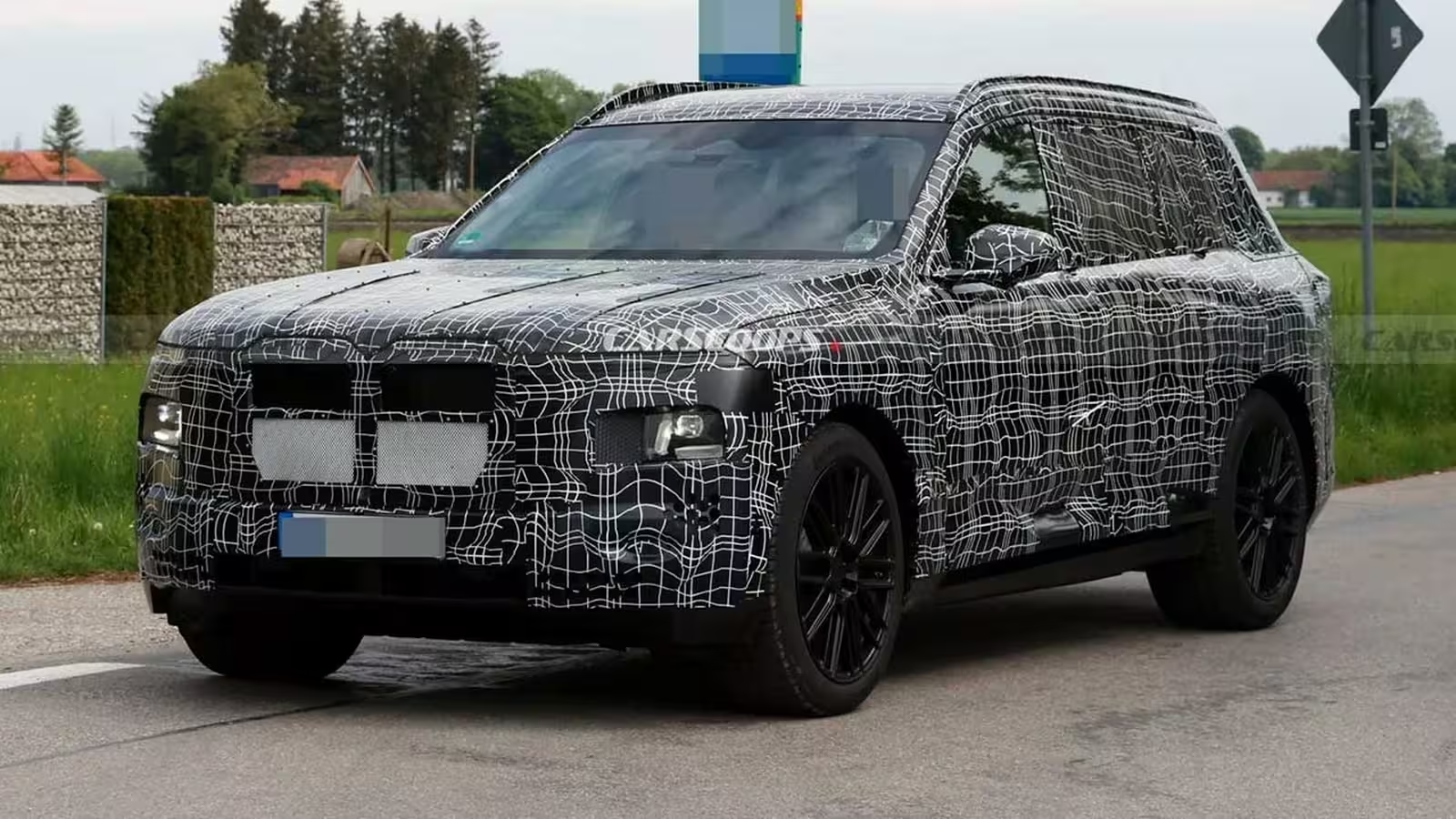2 Minutes
BMW is set to revolutionize its SUV lineup with the upcoming electric versions of the X5, X6, and X7 models. These next-generation vehicles will incorporate cutting-edge sixth-generation battery technology and, in the case of the X5, a hydrogen fuel cell variant, marking a significant step forward in BMW's commitment to sustainable mobility.
Advanced Battery Technology and Enhanced Performance
The forthcoming electric models, designated as iX5, iX6, and iX7, will benefit from BMW's latest advancements in battery technology. These vehicles are expected to feature all-new round cells, offering a 20% increase in energy density compared to current prismatic cells. This enhancement translates to a potential range of up to 900 kilometers (approximately 560 miles) under optimal conditions. Additionally, charging speeds are anticipated to improve by 30%, significantly reducing downtime during long journeys.

Hydrogen Fuel Cell Variant for the X5
In a pioneering move, BMW plans to introduce a hydrogen fuel cell version of the X5, developed in collaboration with Toyota. This variant is slated to become BMW's first hydrogen production vehicle by 2028, underscoring the company's exploration of alternative fuel technologies alongside battery-electric solutions.
Production Timeline and Platform Integration
The production schedule for these innovative SUVs is as follows:
- iX5: August 2026
- iX7: August 2027
- iX6: April 2028
These models will be built on BMW's versatile CLAR platform, which supports both internal combustion engines and fully electric powertrains. This strategic approach allows BMW to adapt to varying market demands while maintaining production efficiency.

Design and Technological Innovations
The next-generation X5, X6, and X7 will draw design inspiration from BMW's Neue Klasse, featuring sleek, aerodynamic exteriors and modernized interiors. Inside, drivers can expect the latest iDrive infotainment system, augmented reality navigation, and advanced driver assistance features, enhancing both safety and user experience.
Conclusion
BMW's forthcoming electric and hydrogen-powered SUVs represent a significant leap in automotive innovation, combining advanced battery technology, alternative fuel exploration, and cutting-edge design. As the automotive industry continues to evolve towards sustainable solutions, BMW's strategic developments position the company at the forefront of this transformation, offering consumers a diverse range of high-performance, eco-friendly vehicles.
Source: carscoops



Comments